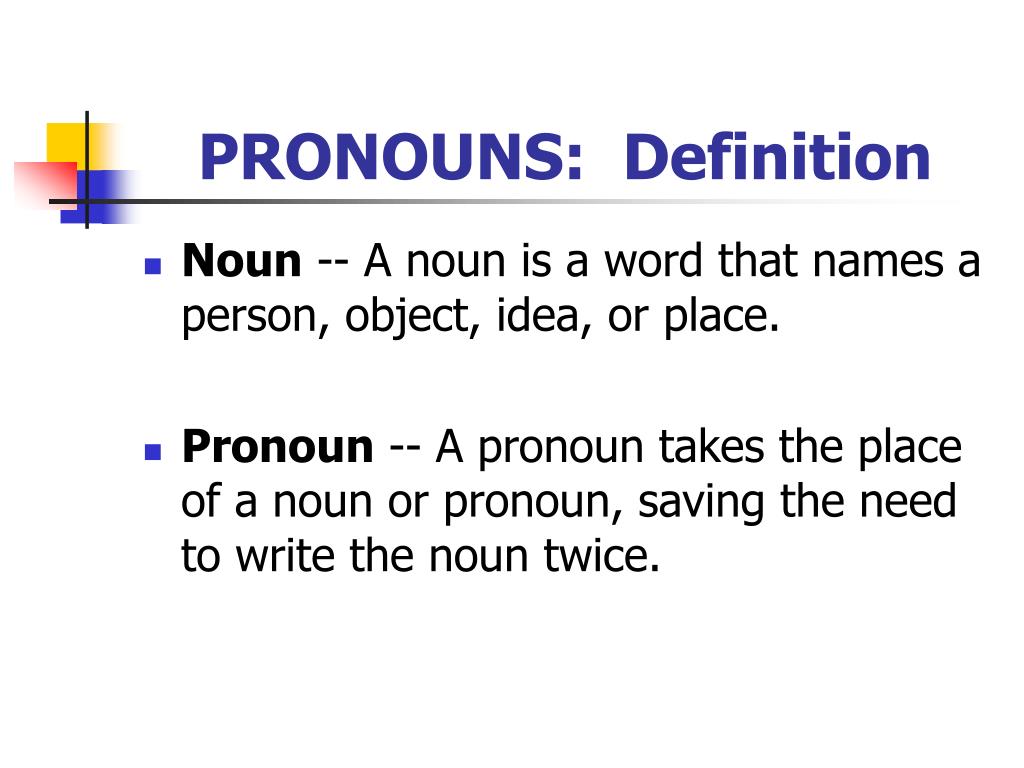

Notice when someone refers to another person by their occupation if you naturally use a particular pronoun. “They are a first year” when referring to a scholar instead of “they are a freshman” “Hey, everyone” or "How are all y'all doing?" in a group setting instead of “Hey guys!” or “Hey ladies!" or "How are you guys doing?" (In this example, “they” is used as a pronoun to refer to an individual.) When we refer to a person whose gender we do not know, we might use they as the pronoun. While we might typically think of “they/them/theirs” as a plural pronoun, we actually use they to refer to an individual all the time without realizing it. Remember it is up to each person how and when they choose to share part of their identity with others. It can be helpful to clarify in what situations someone uses certain pronouns. Some people use different names and different pronouns depending on the context. For example, a person may be openly transgender or trans* at work but not at home with their family. Keep in mind some people may use certain pronouns in some contexts and not in others due to a variety of factors, including safety. Someone’s name and pronouns are not suggestions and are not preferred over something else.

Try to avoid using the phrases “preferred pronouns” or “preferred name” as these suggest an element of flexibility or that someone’s identity is less than valid. “Leo, I prefer they and them, but he is fine too.” “I’m Jade and my pronouns are ze and hir.” “What pronouns would you like me to use?” If you have questions, politely ask the person if they feel comfortable giving examples of how to use those pronouns. It is important to ask people what their pronouns are. Using someone’s correct pronouns is an important way of affirming someone’s identity and is a fundamental step in being an ally.Ĭommon pronouns include she/her/hers, he/him/his, and they/them/theirs. By sharing our own pronouns routinely, we encourage others to do the same and demonstrate that we understand the importance of sharing pronouns.

Pronouns are integral to who we are, and we share pronouns because we want to avoid assuming someone's pronouns based on factors like appearance. We believe that it is important to give people the opportunity to state the pronoun that is correct to use when referring to them. they/them/theirs, she/her/hers, he/him/his). Pronouns are linguistic tools that we use to refer to people. This is by no means an exhaustive guide to treating trans people equitably. Below is a brief overview of pronouns and inclusive language.


 0 kommentar(er)
0 kommentar(er)
